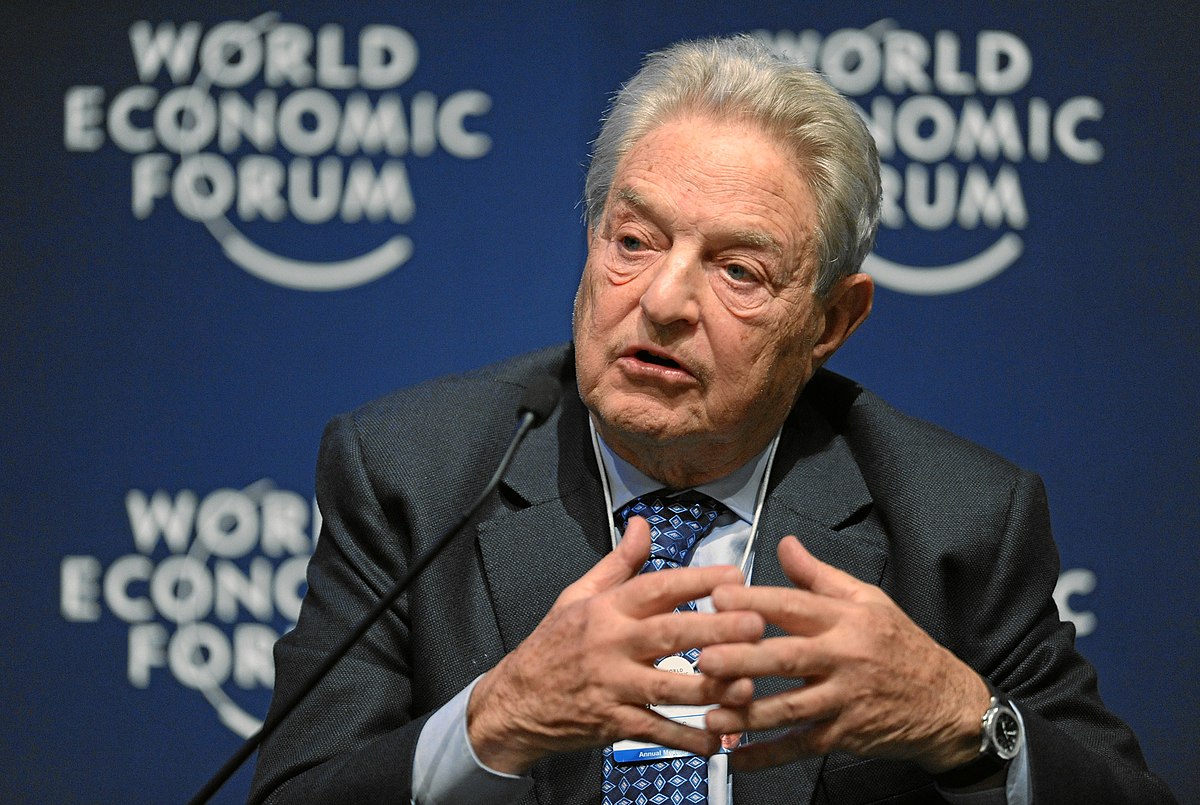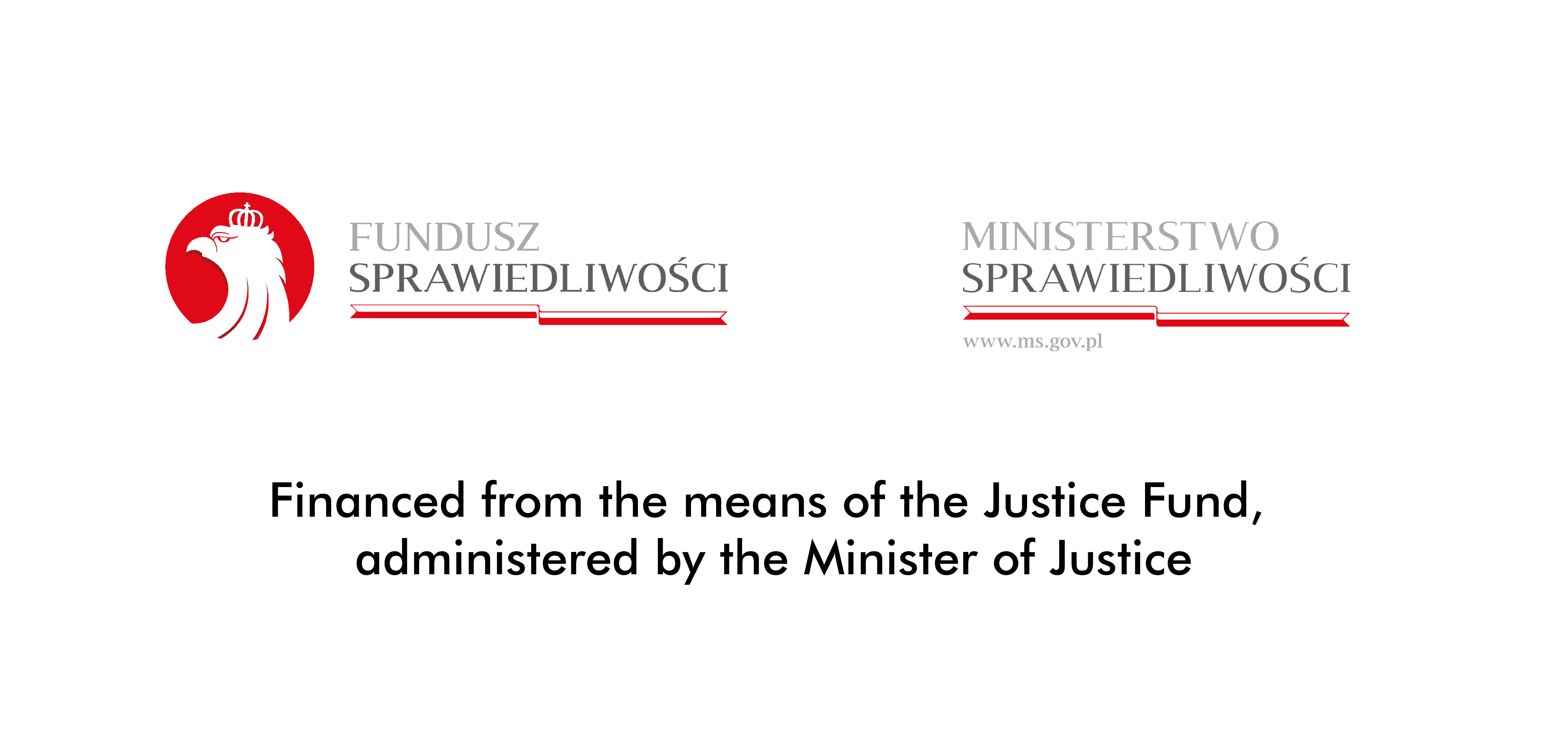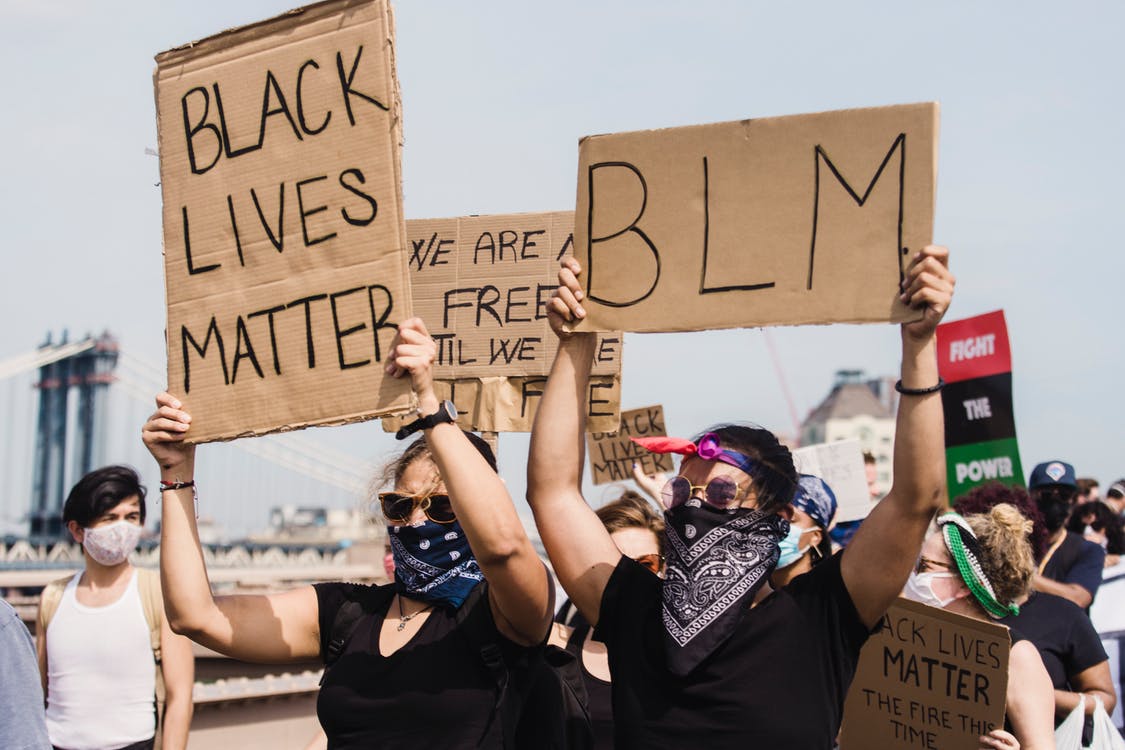George Soros, a self-proclaimed god

George Soros likes to play many instruments, and these also include people formed in his fashion, with the same sympathy for Marxism, who, when placed in appropriate positions, will discreetly, but effectively dismantle the framework of “closed societies”.
Wojciech Golonka
There are two exaggerations when it comes to perceiving the subversive activity of George Soros in the world: on the one hand, the claim that he is pulling the strings of the global revolution everywhere, and on the other – the consenting blindness, indifference, and especially inaction in the face of his insistent activity in favor of this revolution. Of these two exaggerations, the latter, of course, is much more dangerous, because more and more surprising elements of the machine, which the billionaire persistently uses to achieve his goals, continue to emerge. His network of NGOs has already been extensively analyzed – and with a few exceptions no conclusions have been drawn from this; the manner and scope of the “Soros-ization” of the European Court of Human Rights in Strasbourg has also been demonstrated, and the states of the Council of Europe, to which the Court is subordinate, did not care much about it; finally – the relationship between Soros and UN agencies was already highlighted and discussed, although the lack of clear political reactions in the world seems to suggest that there does not seem to be a problem, on the contrary – that the influence of a philanthropist modifying the world according to his vision and whim through the use of his gigantic fortune is quite welcome and desirable.
When it comes to tracing the activities of George Soros, the fact that he has kept his intentions essentially unhidden for years makes it considerably easier to identify the danger he poses. This of course does not mean that he has always been showing the cards he was playing with in his war with the old world order. And I am not referring to his key idea of an “open society”, which guides his apparatus of action to the extent that it has become the collective name for the entire network of his Open Society Foundations, which will be mentioned in detail further. Soros makes it no secret that his motivations, or at least the accompanying psychological state, have something of a religious foundation, not to say religious fundamentalism: “As the philosopher Karl Popper has shown, the ultimate truth is unattainable even in science. All theories are tested, and the process of replacing old theories with better ones is never-ending. Faith plays an essential role in an open society. Strictly speaking, because our understanding is imperfect, we cannot base our decisions on knowledge alone. We need to rely on beliefs, whether religious or otherwise, to help us make decisions” – he said in The Independent (2/11/2004). Thus, the credo of radical, but blind, unproven progressivism appears as the starting point for the revolution of the open society, although in the case of a declared atheist there is an additional thread of self-idolization and delusion of grandeur: “It’s a kind of disease when you feel like some god, creator of everything; however, I feel at ease since I started living like this” (The Independent, 03/03/1993).
NET WEAVING
However, before this new conscious god began to create the new human species, “homo Soros”, from the late 1960s onwards, he first gradually built his overwhelming fortune on the financial funds he managed, and then those which he himself established using tax havens such as Curaçao in the Dutch Antilles. Despite possible temporary drops in value, his Quantum fund regularly generated annual profits of up to 20%. – a haven for investors – and was eventually recognized as the most successful hedge fund ever. The American-Hungarian financier had a special flair for large-scale speculations, especially in currency, of which The Bank of England, among others, was bitterly convinced in 1992, losing several billion pounds through a short coordinated by Soros.
Thus, when George Soros began his “philanthropic” activity, he had indeed had his own means to finance it. This activity seemed to be the most desirable and uncontroversial at first: in the 1980s, the financier lobbied for abandoning real socialism and spreading democracy to the countries of the Eastern Bloc. With the fall of the Iron Curtain, he financed numerous foreign scholarships for scientists from the former communist countries.
Historically, therefore, his activities focused on Central and Eastern Europe – in Budapest he even founded the Central European University – although the model for open society Institutes was then replicated in various parts of the globe (South Africa, Georgia, Macedonia, Turkey, Pakistan, Malaysia). In 1993, in turn, an organization superior to these organizations was created in the USA, named the Open Society Foundations in 2010. The network of these NGOs is based in dozens of countries around the world and conducts projects in over 120 countries. So why are there so many objections to the activities of George Soros and why did some countries eventually decide to expel his organization from their borders?
PLAYING WITH MANY INSTRUMENTS
Soros’ master and lecturer at the London School of Economics, Karl Popper, believed that as long as there are some historicist assumptions in societies (read: tradition, natural law, national identity, etc.), such a society is a closed society. As a consequence, in a promotional video presenting a network of his foundations, Soros explains that the creation of an open society is a never ending process, but rather always ongoing, and also associated with…fighting the enemies of open society, which have to be identified.
In these assumptions and statements, it is not difficult to notice reminiscences of Marxist dialectics and deliberate cultural deconstruction, and a similar radicalization of actions, consisting in looking for new “barriers” in society to be demolished, and the open designation of enemies inevitably lead to social and political confrontation.
If right-wing “radicals” are allegedly obsessed with Soros, it is necessary to recall the correct order of things: it is George Soros who eagerly invites himself to particular regions of the world, identifies his enemies, i.e. political decision-makers who disagree with his subversive agenda, and then declares that he will do everything in his power, i.e. use his enormous fortune to destroy them politically. If one recalls his very firm (and adequately funded) commitment against Donald Trump in the 2016 and 2020 presidential elections in the US, it should be noted that as early as 2003, Soros was similarly obsessed with President George W. Bush, confessing in an interview with the Washington Post that his removal from office was “the main [at that time] task in life” and “a matter of life and death”. Let us add that this approach is quite paradoxical for a “missionary” of a democratic society who apparently perceives the results of democracy, when it does not vote in his line of vision, in the category of death.
It is this George Soros, involved with his dollars not only in the permanent reconstruction – revolution – of society, but also in political election battles, who we know quite well, although another aspect of his operation is less noticeable, namely the human networks. Soros likes to play many instruments, and among them should also include people formed in his frame, with the same Marxist sensitivity, who, when placed in appropriate positions, will discreetly, but effectively dismantle the framework of “closed societies”.
The report of the European Center for Law and Justice (ECLJ) in 2020 on the Soros-ization of the European Court of Human Rights in Strasbourg, which I wrote about in the pages of “Do Rzeczy” weekly, echoed quite a bit, even evoking a certain political awareness. Soros’ activists, who in the past even participated in the proceedings before the Court as parties, were delegated to work in the Court, which does not impose the requirement of professional judges, but adjudicates on key human rights interpretations for European countries. The author of the report, Dr. Grégor Puppinck, pointed to the correlation between their adjudication and the element of subversion in the Court’s decisions. His conclusions blocked some subsequent nominations in the Court, but there was not much interest among the Council of Europe for its general cleansing, apart from Russia, which in 2015 thanked the Soros organizations for continued activity in the Russian Federation.
In turn, in 2021, the ECLJ published a report on the financing of United Nations experts by non-governmental organizations that lobby for the shaping of the UN agenda commission reports and expert opinions from these experts. The lack of transparency about such funding, also from Soros’ NGO network, and even the scandalous concealment of the benefits received, unfortunately had less resonance than the previous ECLJ report, and politicians took this serious anomaly on the agenda. Which is not really surprising.
In fact, politicians may conceal their allegiance to the Soros organization, and vice versa. An interesting example is Patrick Gaspard, in the years 2009-2011 a close associate of President Barack Obama (director of the White House for political affairs). Later, the US ambassador to South Africa (2013-2016), and from 2017, president of the Open Society Foundations (OSF). Well, when Joe Biden was elected president in late 2020, the newspapers reported that Gaspard wanted a suitable position in his administration – this did not materialize, although there was an interesting rotation of positions. Gaspard eventually replaced Neera Tanden as head of the Center for American Progress, a liberal think tank formerly funded by Soros to ensure U.S. legislation complies with the spirit of progressivism, and Tanden herself was appointed as President Biden’s special advisor. Interestingly, in the OSF, Gaspard was replaced by another former politician and a high official at the same time, Sir Mark Malloch-Brown from the British Labor Party, an official of the World Bank (1994–1999), later in the United Nations (1996–2006), where he even rose to the position of Deputy Secretary General of Kofi Annan, and a few months later he took a position in the cabinet of Gordon Brown in 2007–2009. Malloch-Brown was, by the way, seventh on Time’s “Leaders and Revolutionaries” list in 2005.
As one can see, a left-wing politician, a minister, a high official of a world organization or the chairman of a network of Soros organizations are interchangeable terms, and the “homo Soros” itself has become, in fact, a common species on the left. There is a fundamental convergence of the agendas of both environments along with the radicalization of their priorities over the last two decades: abortion as a basic reproductive right, the LGBT revolution, legalization of drugs, euthanasia, a world without borders towards “migrants” – these are the slogans that can be read on the OSF website, and which might as well be the program of today’s left in any random country. Interestingly, this left, in exchange for generous donations, is ready to forget about Soros’ wild capitalism, once cultivated in tax havens, after all, pecunia non olet.
FAILURE IN YOUR OWN COUNTRY
In over 30 years of its activity, Soros’ Open Society Foundation network has spent over $18 billion on a variety of programs for democracy, independent journalism, equality, education and health, defense of human rights, etc. On the one hand, it is enough to spread slogans in the public discourse and prepare certain teams that can carry on the process of the revolution deconstructing the existing social “historicisms”, on the other, compared to the expenditures of, for example, the Bill and Melinda Gates Foundation, programs of the US government, or the power of the tools of social influence and censorship of global IT giants, Soros’s work lags far behind.
However, it did something very important. It was the leaven and catalyst to sow or accelerate the process of decay, not only of “real socialism”, as it initially seemed, not only of oppressive regimes, but also of the permanent and traditional social order in general. In this respect, Soros undoubtedly achieved real success through systematicity and persistence in his struggles.
However, at the end of his long life, the 91-year-old revolutionist also has to deal with spectacular failures, such as the recent Supreme Court ruling overturning the federal right to abortion allegedly enshrined in the US constitution. This change would not have been possible without the involvement of pro-life organizations in the United States and their impact on society. The god of war against his opponents – and the self-proclaimed god trying to recreate humanity in general – lost to organizations with far fewer financial resources than his spectacular war machine. He fell in his own country to the power of conscience – because it was not about democracy; he lost because his opponents, each in their individual places, people with character and convictions, did not allow themselves to be lulled into sleep when it came to fulfilling their duty.
This article was published in August 2022 in “Do Rzeczy” magazine.




